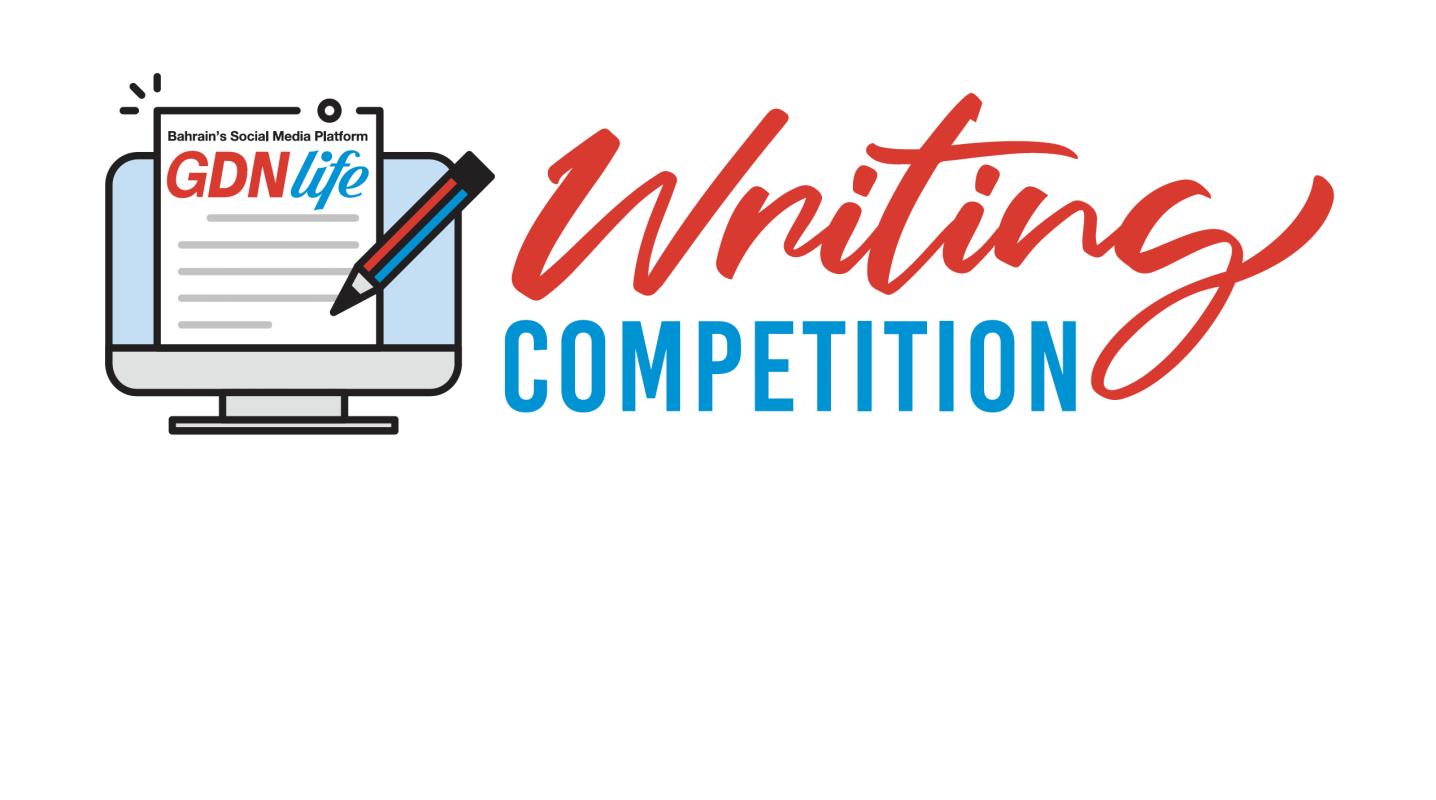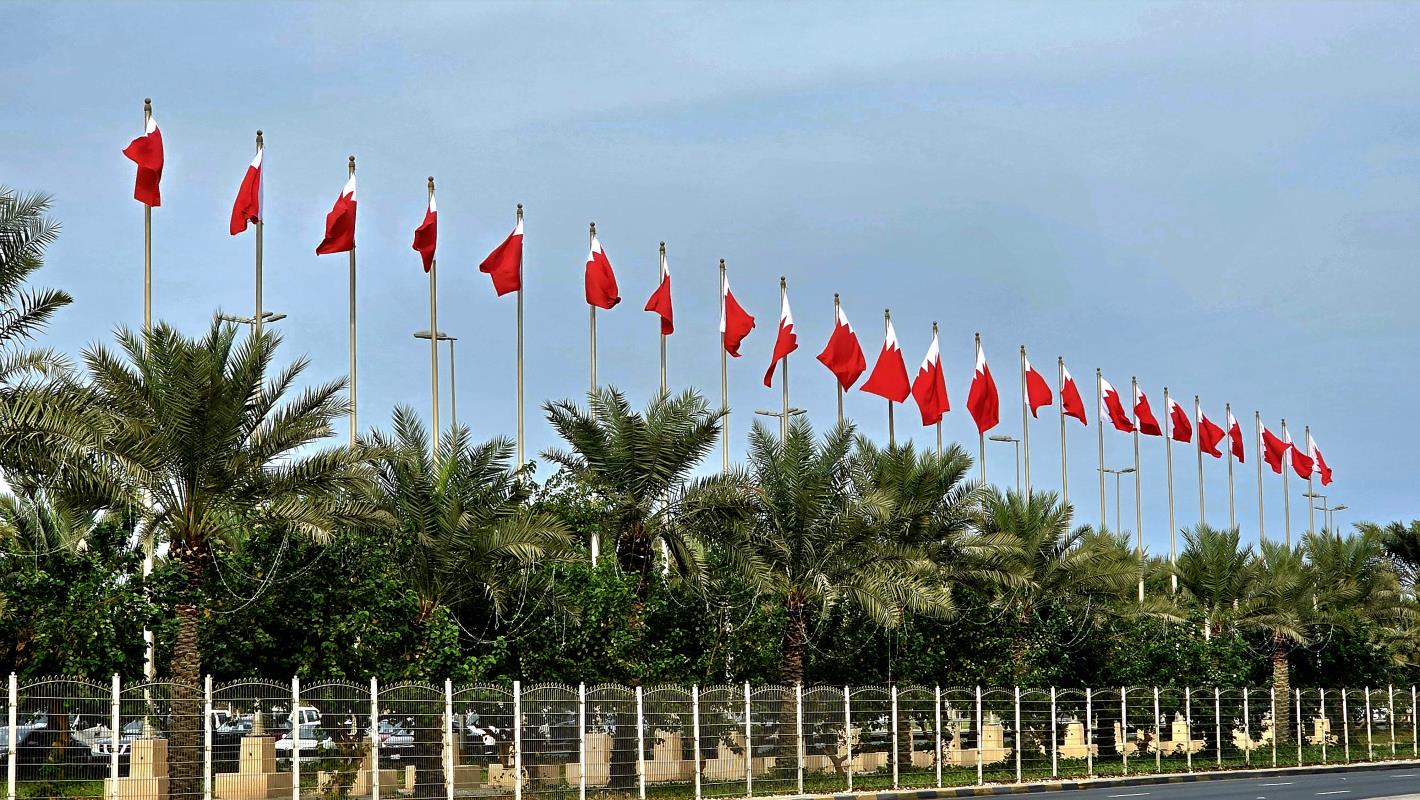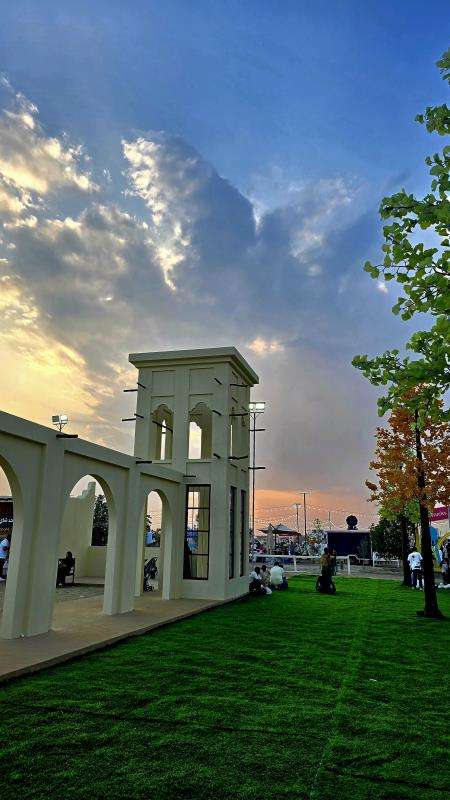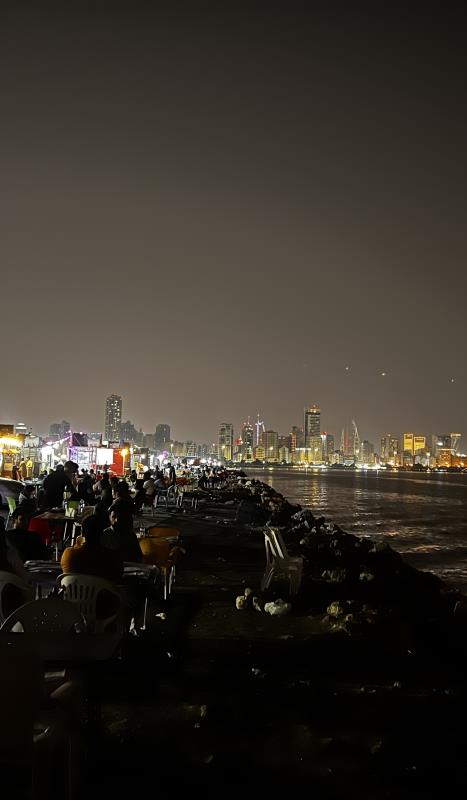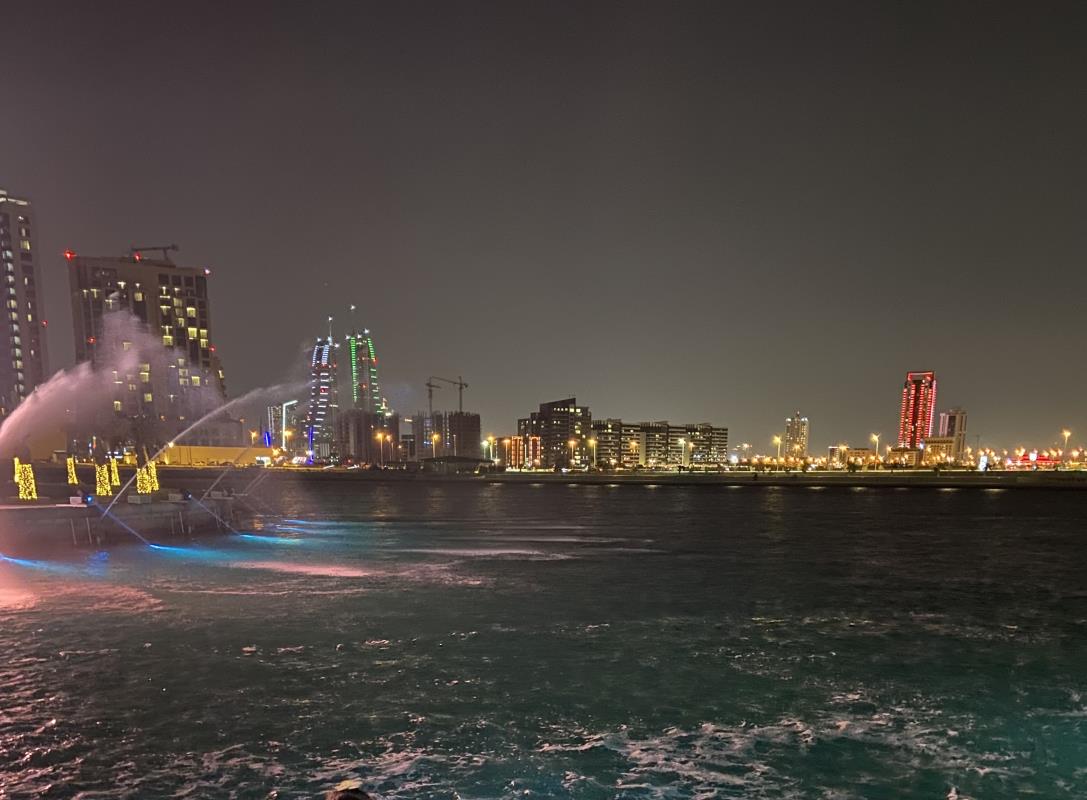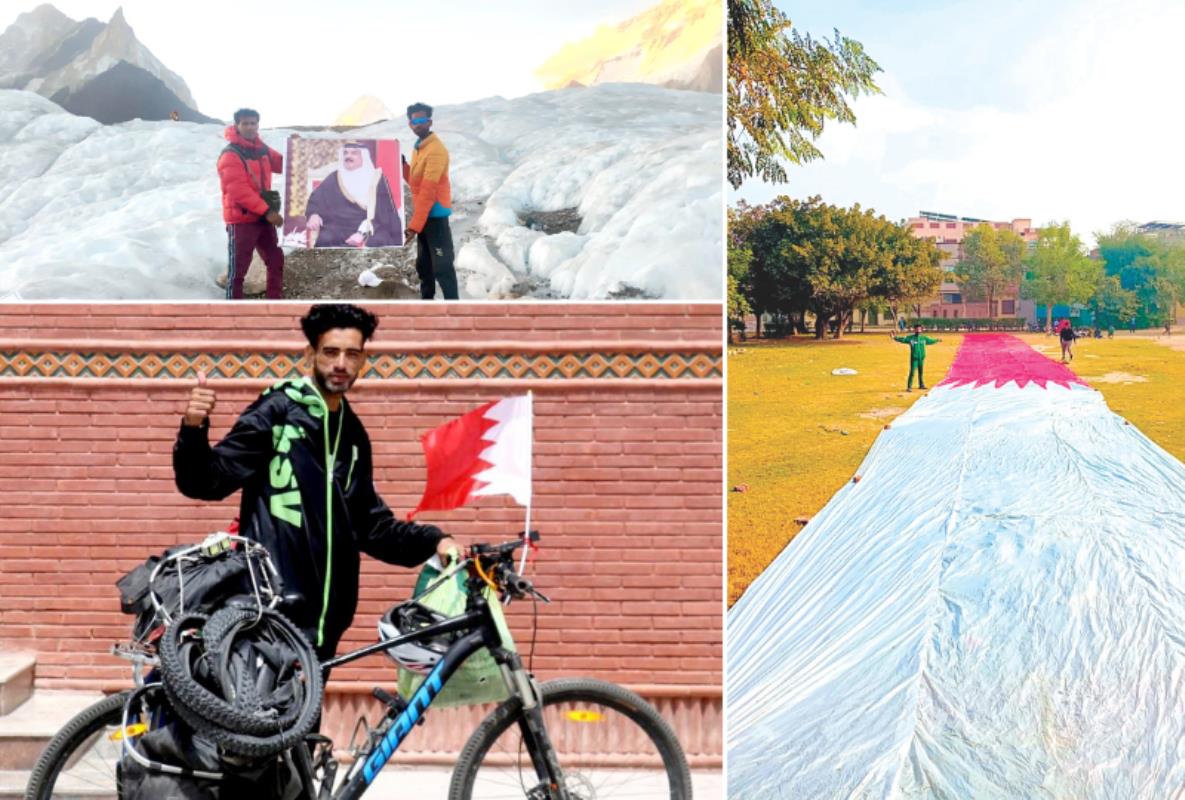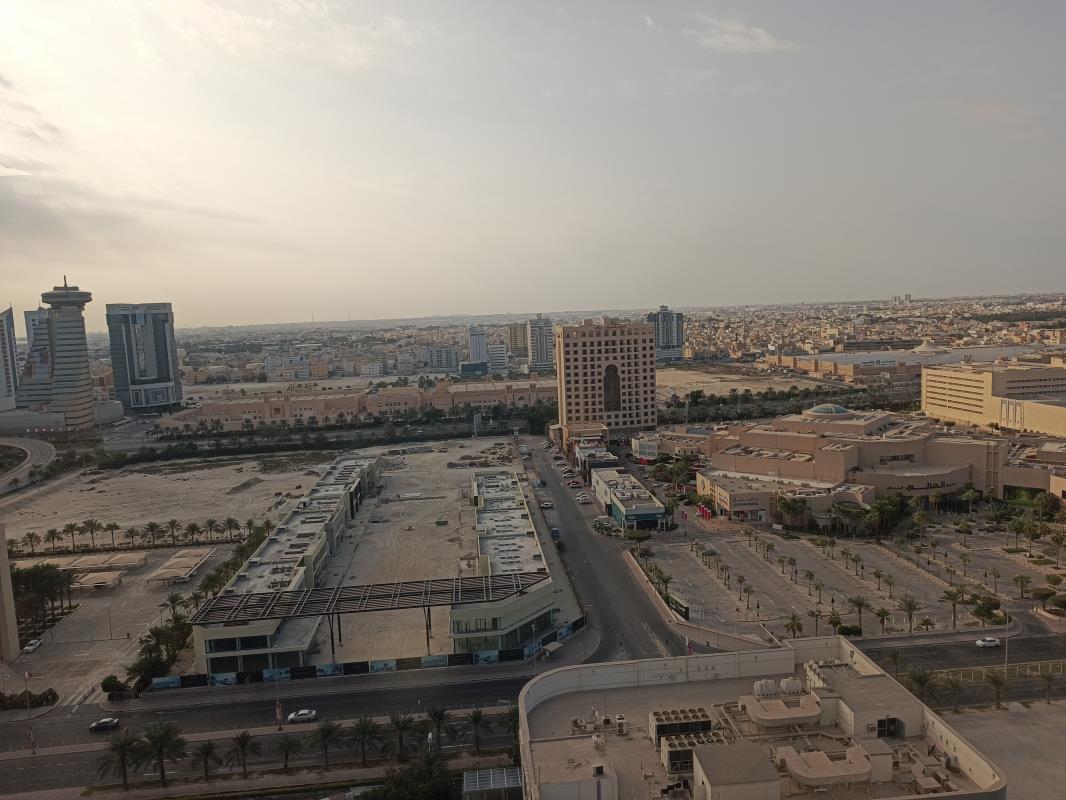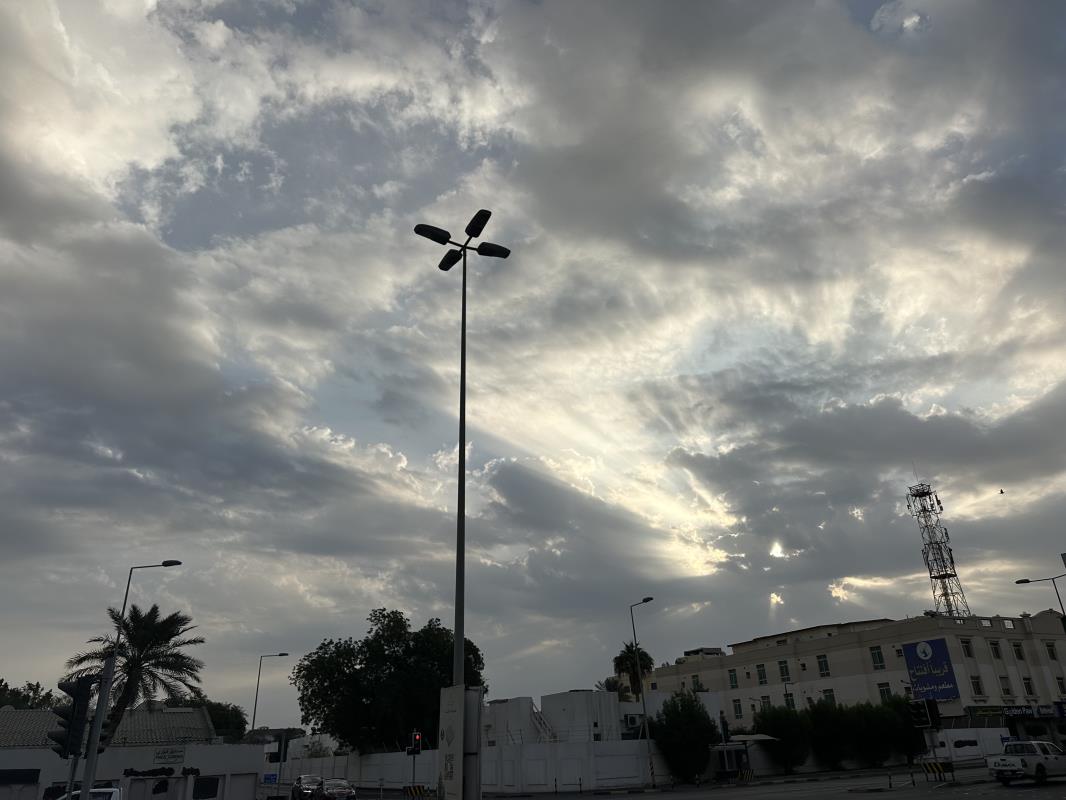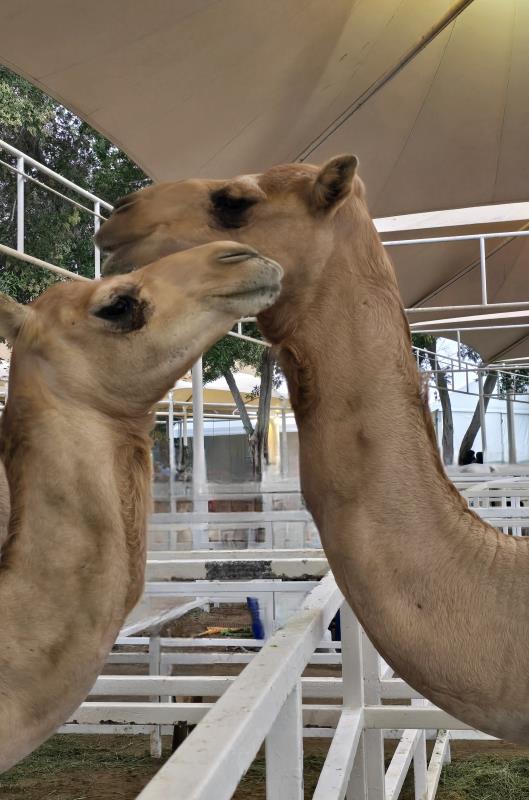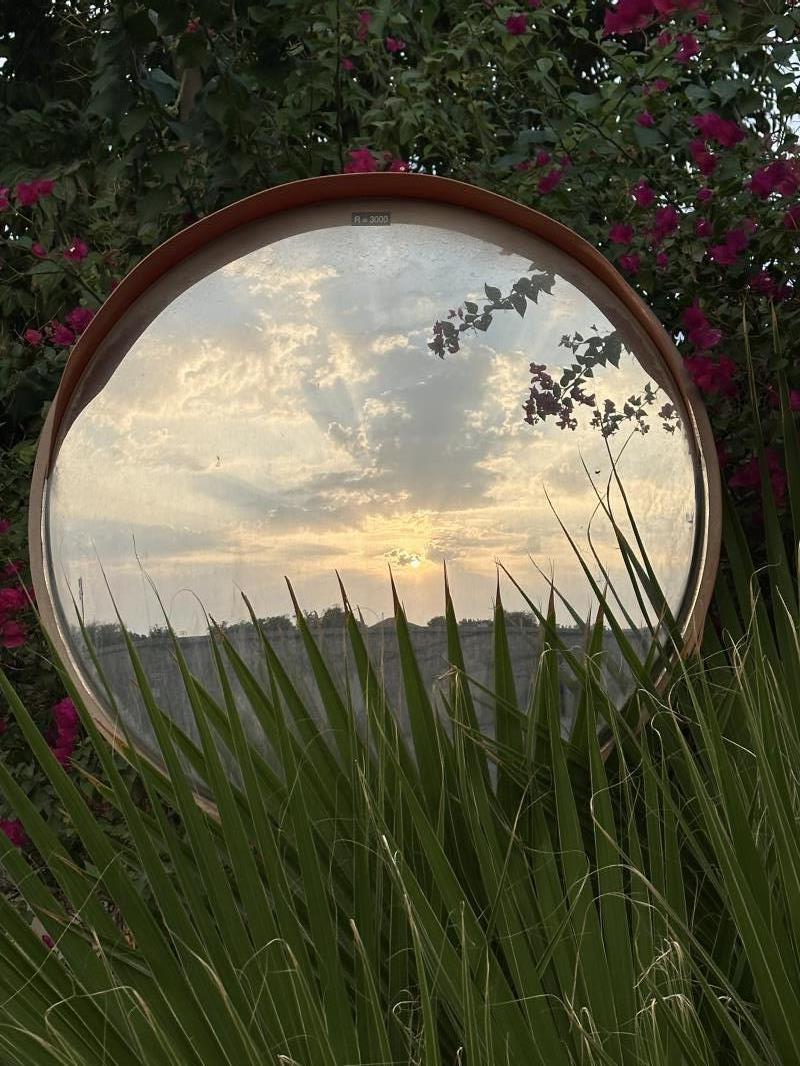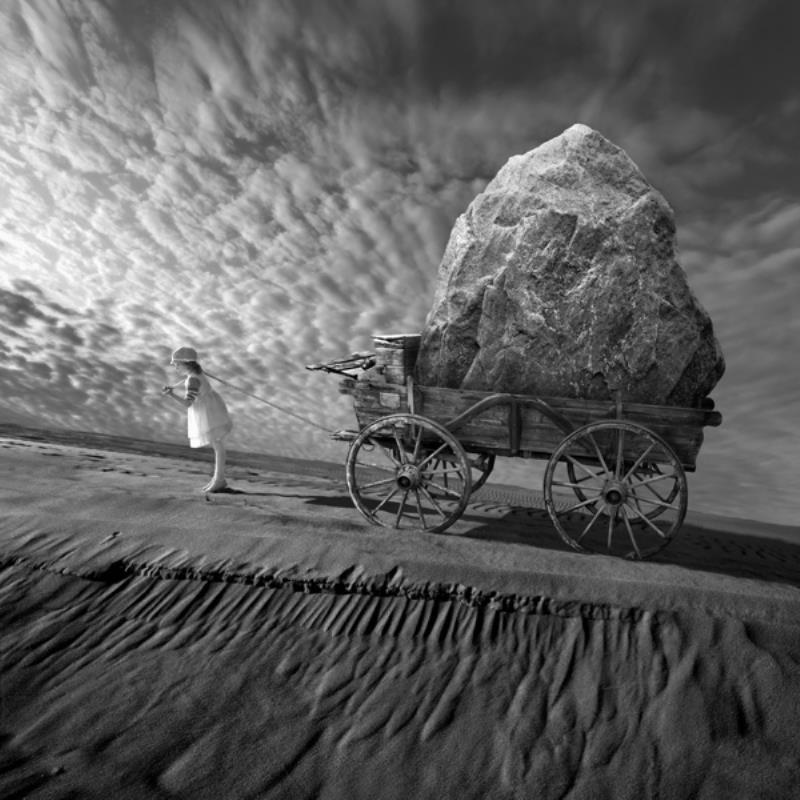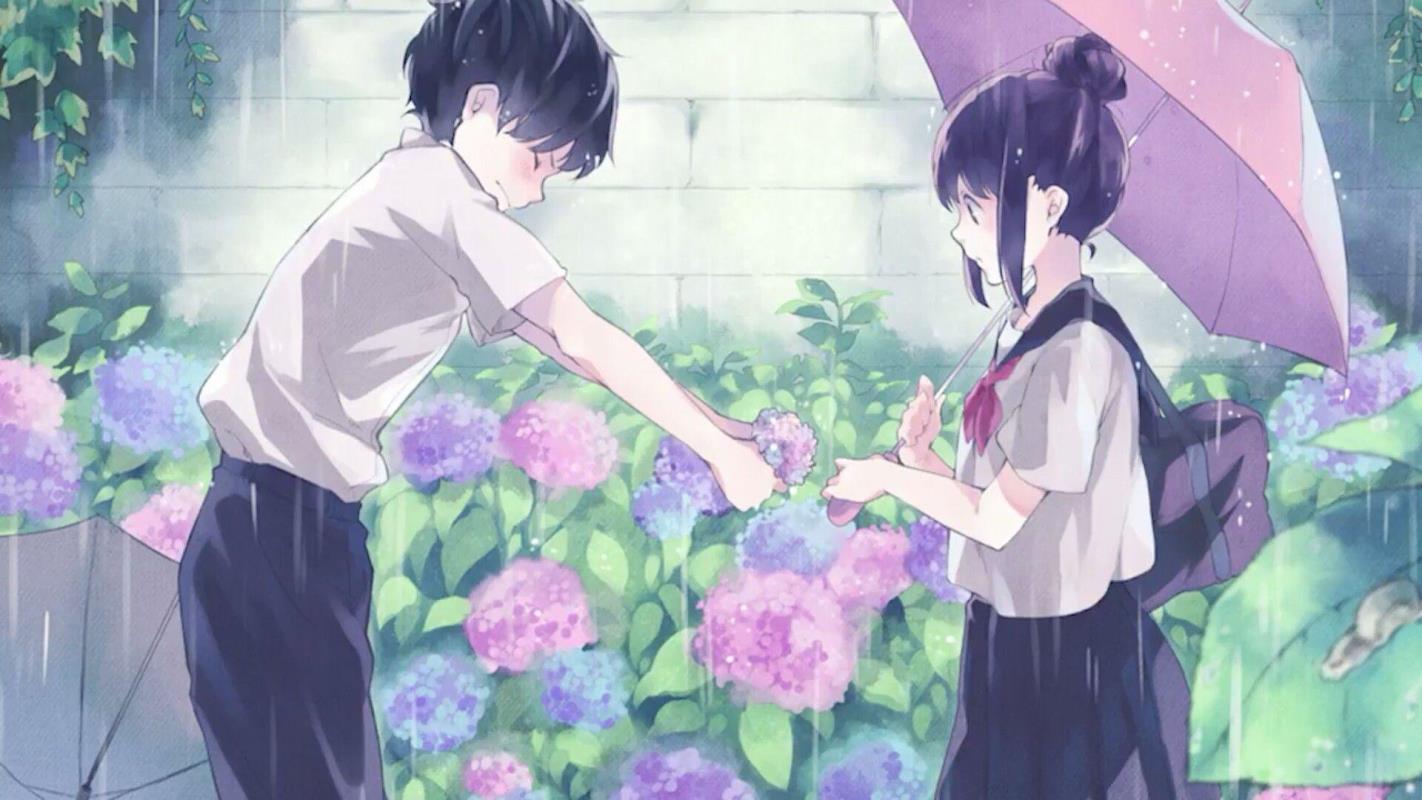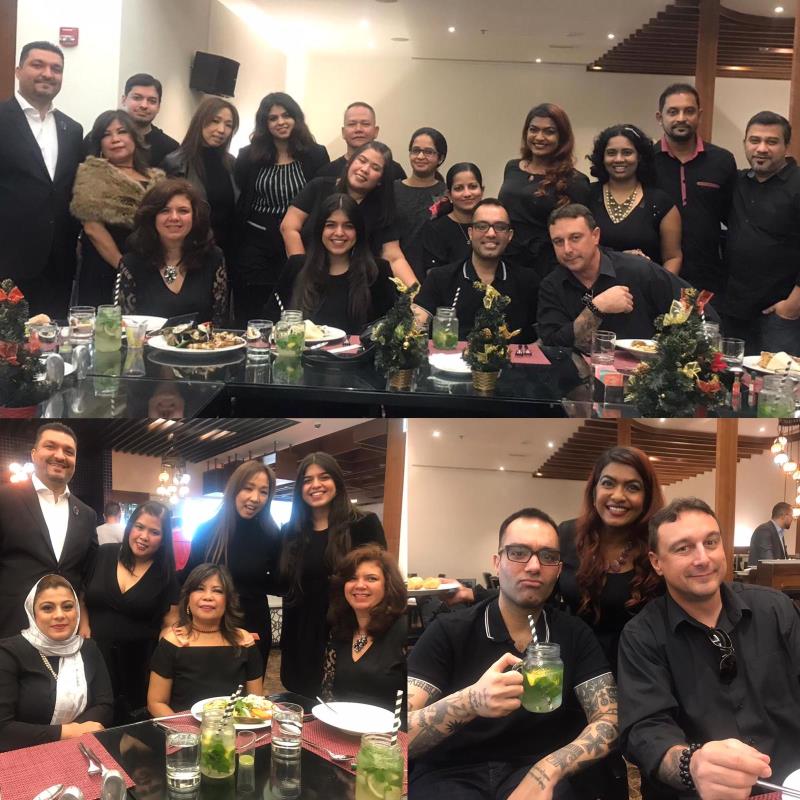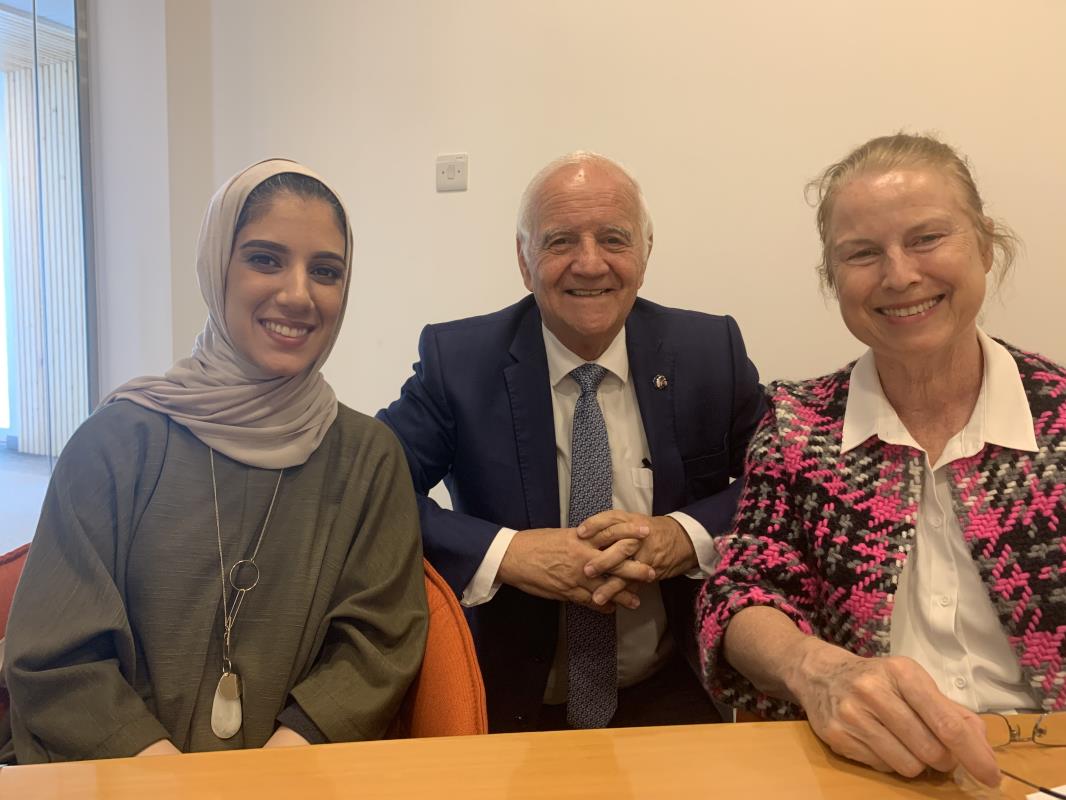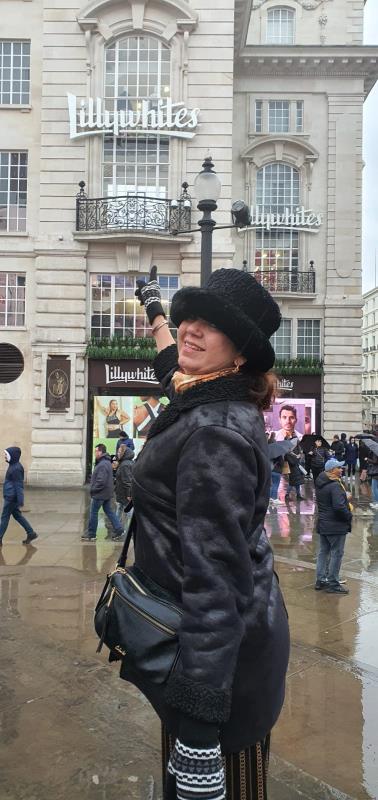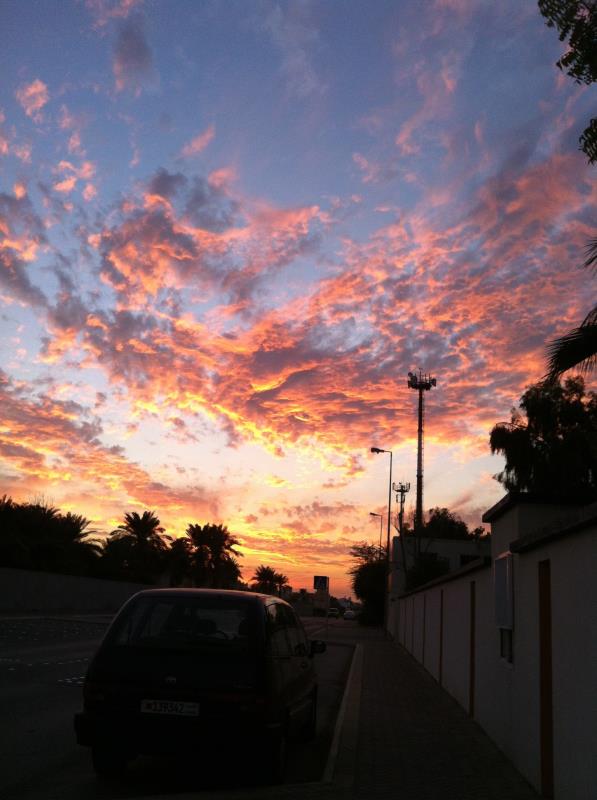
Cover Image Credits: Neena Sam
Plastic consumption has overtaken every aspect of our lives, to the point where a recent study found that there are microplastics found in human blood. We are all aware of how this happened, however, when you see it right in front of you, it breaks your heart. The below images are of a herd of goats that are being raised in Sanad.
Image Source: Ardra Reba Sam
The above pictures show us the tragic circumstances of these animals. Either they do not recognize the difference between plastic and food, or they are not being fed enough that they resort to eating plastic. In both cases, this is a gross injustice to animal rights. It can be easily assumed that goat milk is probably sold from the farm, which means this is a threat to human health as well. The direct consequences of such carelessness directly translate to the endangerment of human and animal lives.
The accumulation of plastic in an animal's digestive system would cause immense harm to the animal, and to all living organisms that depend on its resources for sustenance. The bioaccumulation of toxic chemicals from the plastic that is consumed by the animals, would move from the adult goats of the herd to the kids, to eventually the humans who would consume the same. Besides the cruelty that is meted out to them, we must think of the environment that is damaged around us.
Bahrain is filled with such grounds and empty spaces that have plastic and other waste strewn across, which is a threat to the health of local flora and fauna. The leaching of toxic chemicals into the soil nearby, as well as to water sources, or emissions to the atmosphere from burning this waste is extremely toxic and must be considered an endangerment to all lives.
I kindly ask that the concerned authorities look into the matter, so that all involved stakeholders and beneficiaries have healthier and more sustainable lives.
































